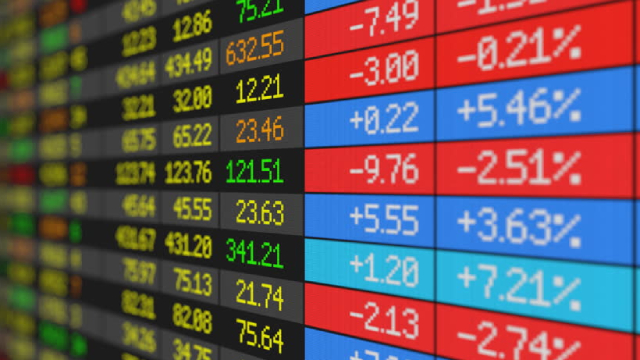
Vanguard Long-Term Bond ETF (BLV)
Summary
BLV Chart

It's Time to Play the Long Game in These Bond ETFs
After the Fed just cut rates a second time this year, a steeper yield curve could force bond investors to reconsider the long end again. That said, they can play the long game with ETF options from Vanguard that focus on maximizing yield by investing in bonds with maturity dates extending past 10 years.

BLV: Time To Take Another Look As Long Bonds Offer Opportunity
BLV's long duration amplifies both risk and potential reward, making it highly sensitive to interest rate changes and recent market volatility. Current yields are attractive, but tight credit spreads and economic uncertainty suggest caution, especially for investors wary of corporate credit risk. Investors seeking stability may prefer shorter-duration or treasury-only funds, as BLV's volatility can be significant in the near term.

BLV: Long Term Treasury And Corporate Debt Opportunities
BLV offers diversified exposure to long-term, investment-grade US government and corporate bonds, but is highly sensitive to interest rate changes due to its long duration. Current macro metrics indicate stabilization and potential for future rallies, yet recent positive convexity and monetary easing expectations have already boosted BLV's performance. Fed policy shifts, especially QE and balance sheet changes, significantly impact BLV's NAV; recent trends show increased demand for long-maturity bonds.
Vanguard Long-Term Bond ETF (BLV) FAQ
What is the stock price today?
On which exchange is it traded?
What is its stock symbol?
Does it pay dividends? What is the current yield?
What is its market cap?
Has Vanguard Long-Term Bond ETF ever had a stock split?
Vanguard Long-Term Bond ETF Profile
| ARCA Exchange | US Country |
Overview
This investment vehicle is designed to provide investors with exposure to a broad range of debt securities, primarily focusing on medium to long-term horizons. It encompasses a diversified portfolio that includes U.S. government bonds, high-grade corporate bonds, and investment-grade international bonds that are denominated in U.S. dollars. The inclusion criteria for the bonds are stringent, necessitating a minimum maturity period of over ten years and adherence to investment-grade standards to ensure a balanced risk profile. The fund employs a sampling process to select investments, aiming to mirror the performance of the encompassing index while managing risk and liquidity effectively. Moreover, a significant portion of the fund's assets, at least 80%, is dedicated to investments directly represented in the index, aligning the fund's performance closely with its benchmark.
Products and Services
-
U.S. Government Bonds
These are debt securities issued by the United States Department of the Treasury. The fund includes these bonds as they are considered low-risk investments, backed by the full faith and credit of the U.S. government. They provide a secure, albeit modest, return for investors, making them a cornerstone of the fund's diversified approach.
-
Investment-Grade Corporate Bonds
Investment-grade corporate bonds are issued by companies with a relatively high credit rating from established rating agencies. These bonds offer higher yields than government securities, compensating for the slightly increased risk. Including these bonds diversifies the fund's income sources and enhances its yield potential.
-
Investment-Grade International Dollar-Denominated Bonds
This category includes bonds issued by foreign governments or international corporations but are denominated in U.S. dollars. The inclusion of these bonds allows investors to gain exposure to international markets without the added risk of currency fluctuations. These bonds are selected for their investment-grade status, ensuring a level of safety while offering the potential for higher returns compared to domestic bonds.







